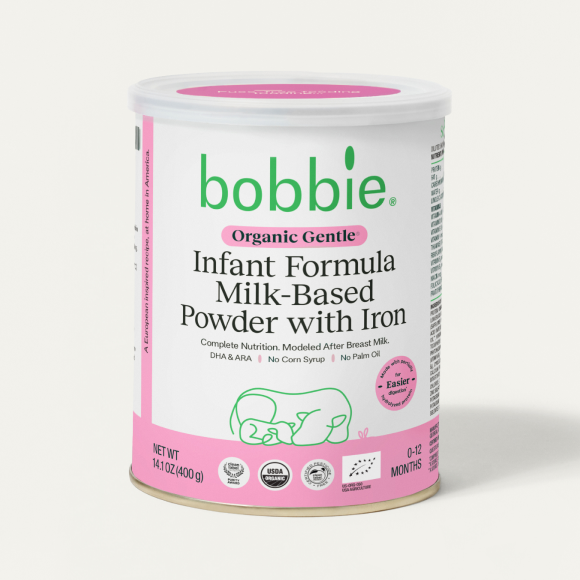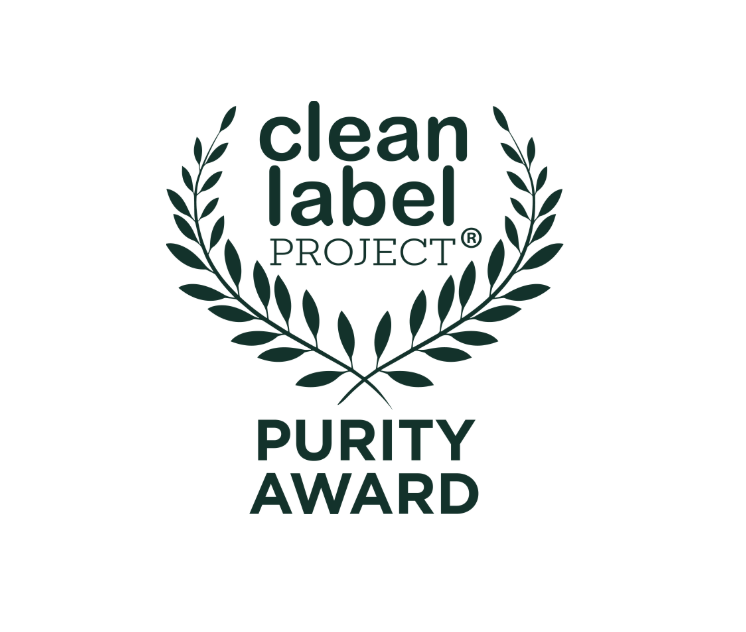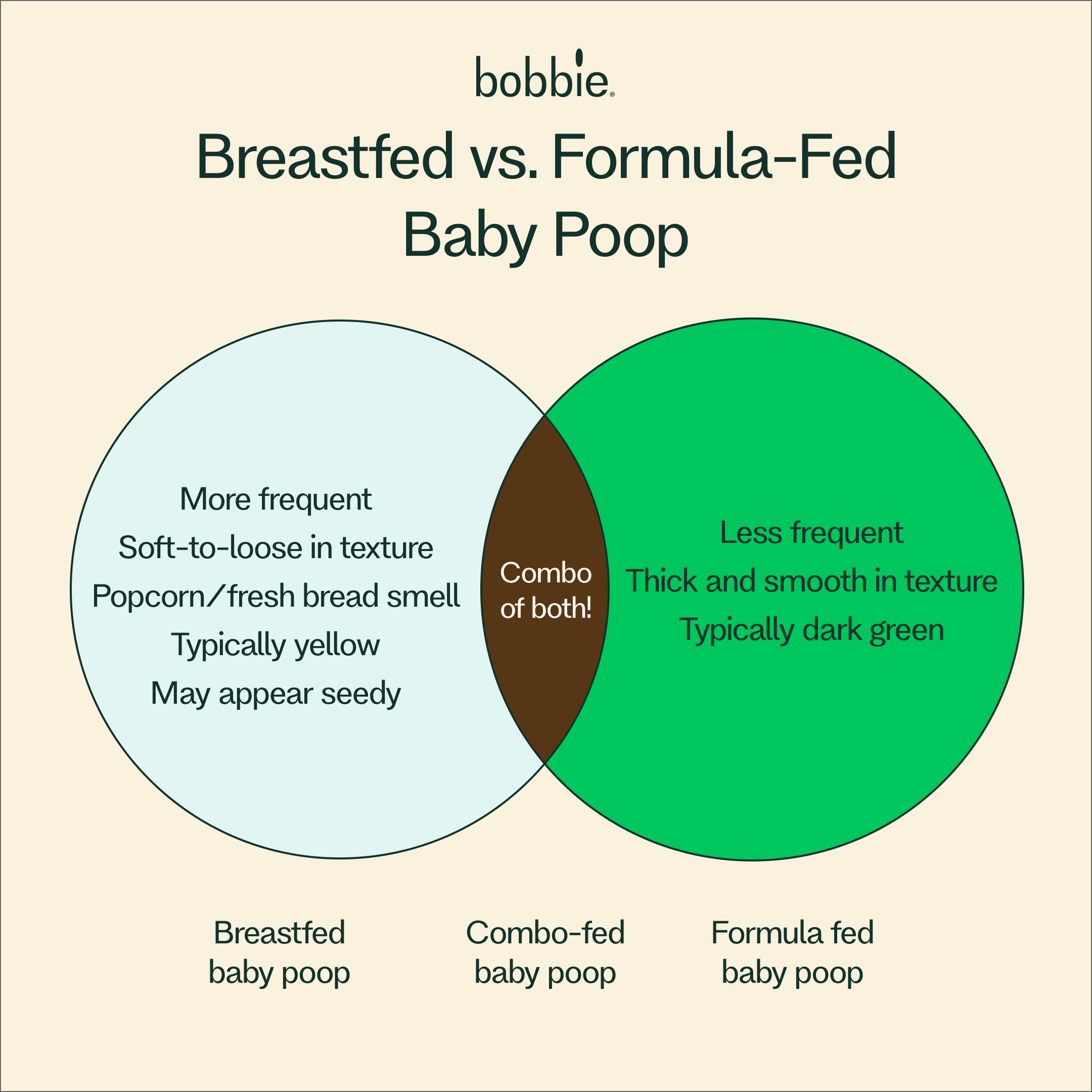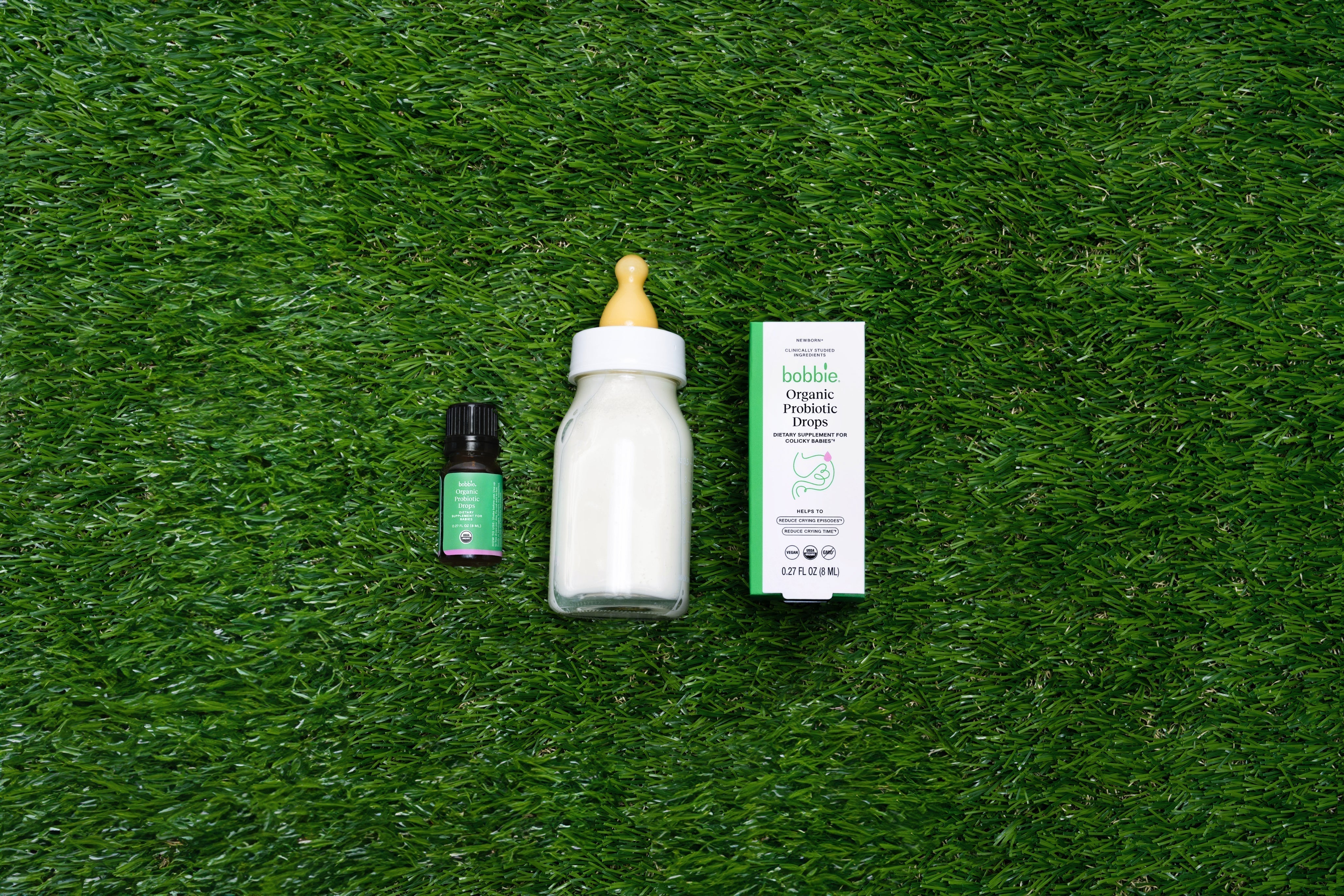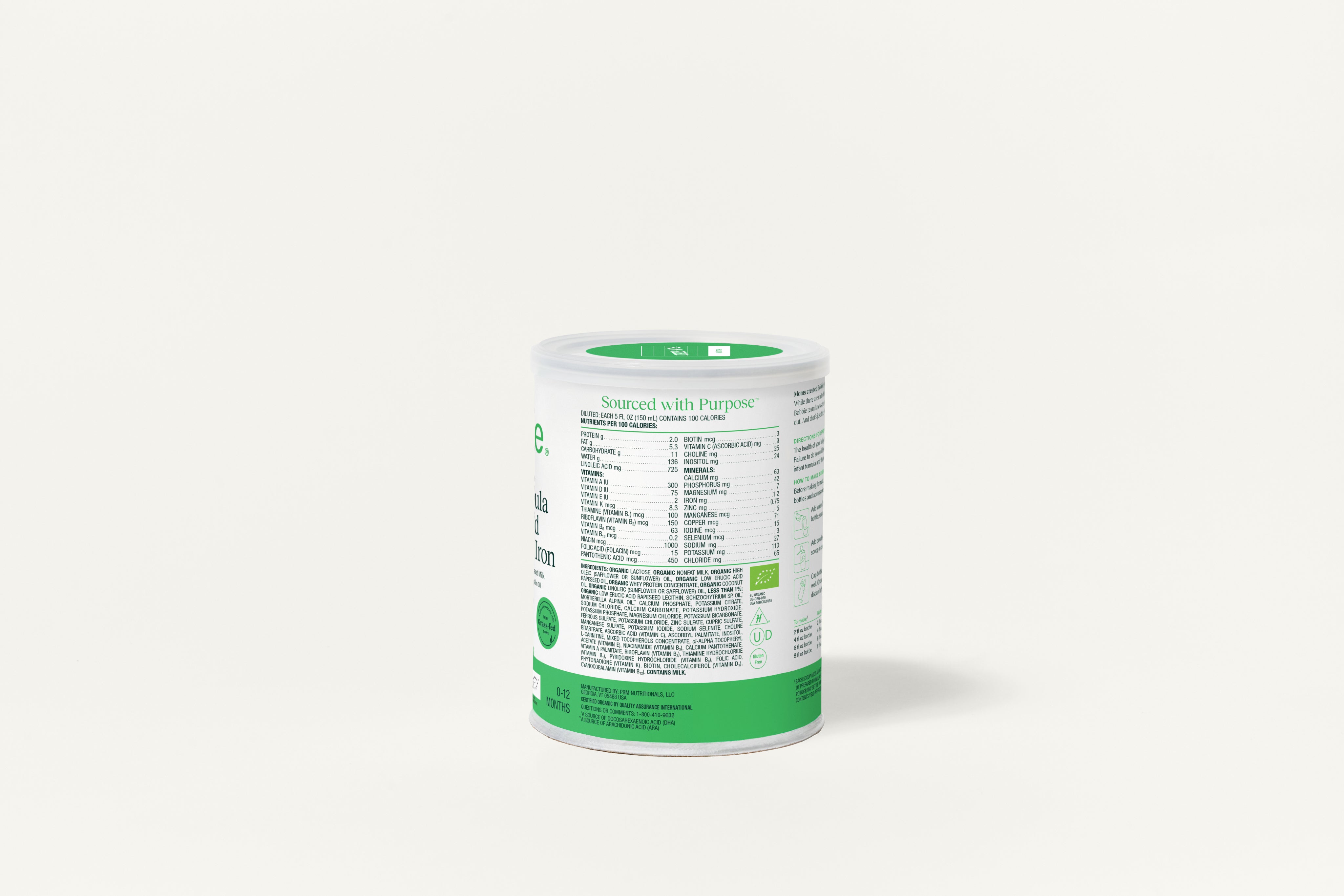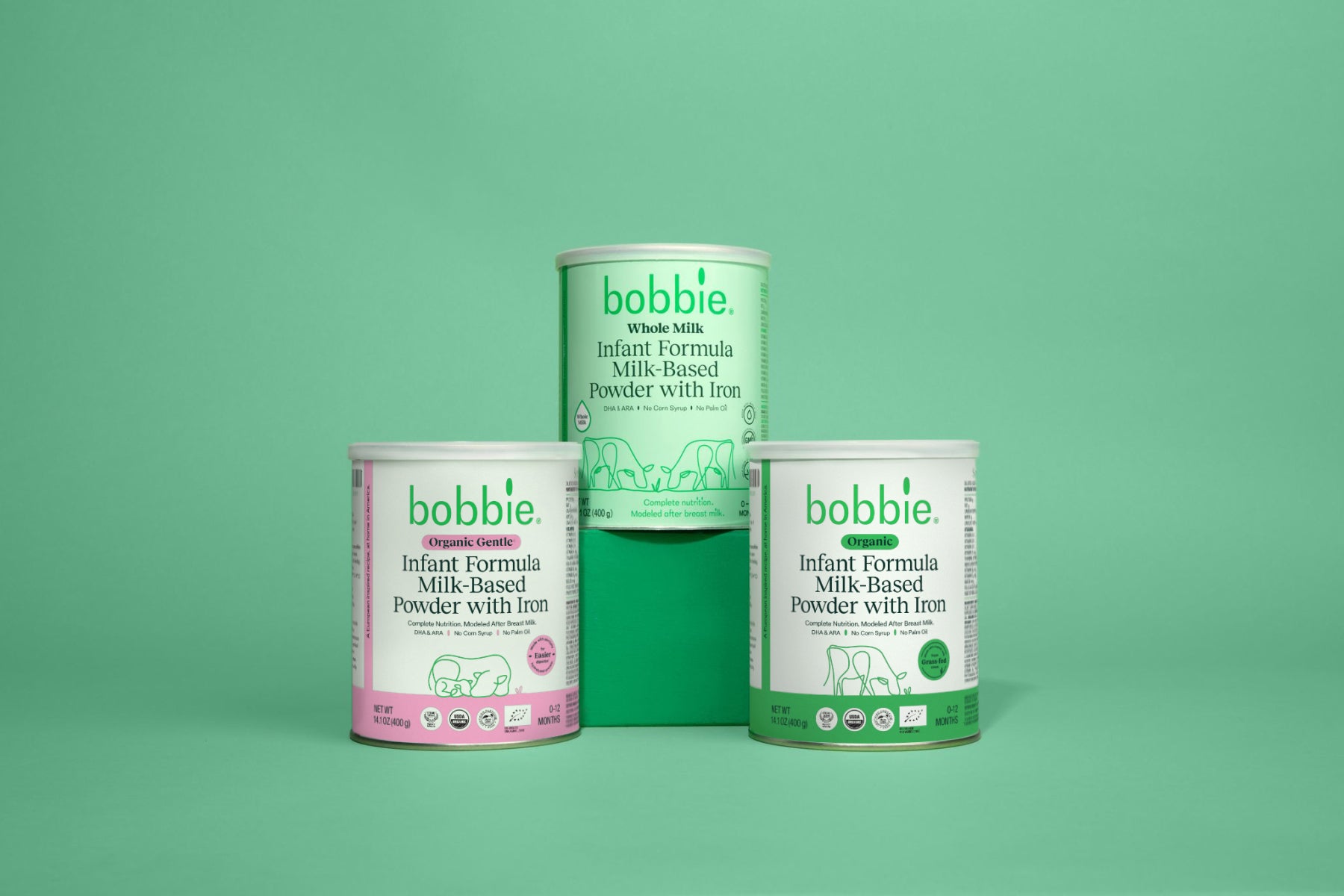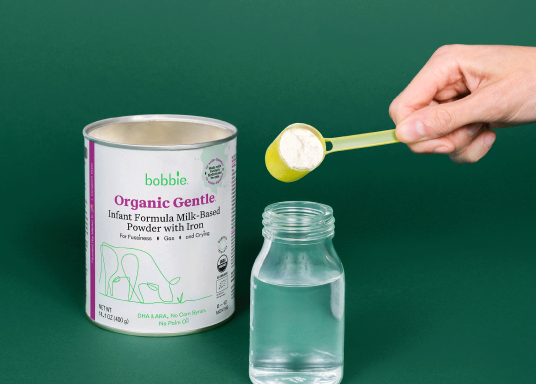Published October 22, 2024
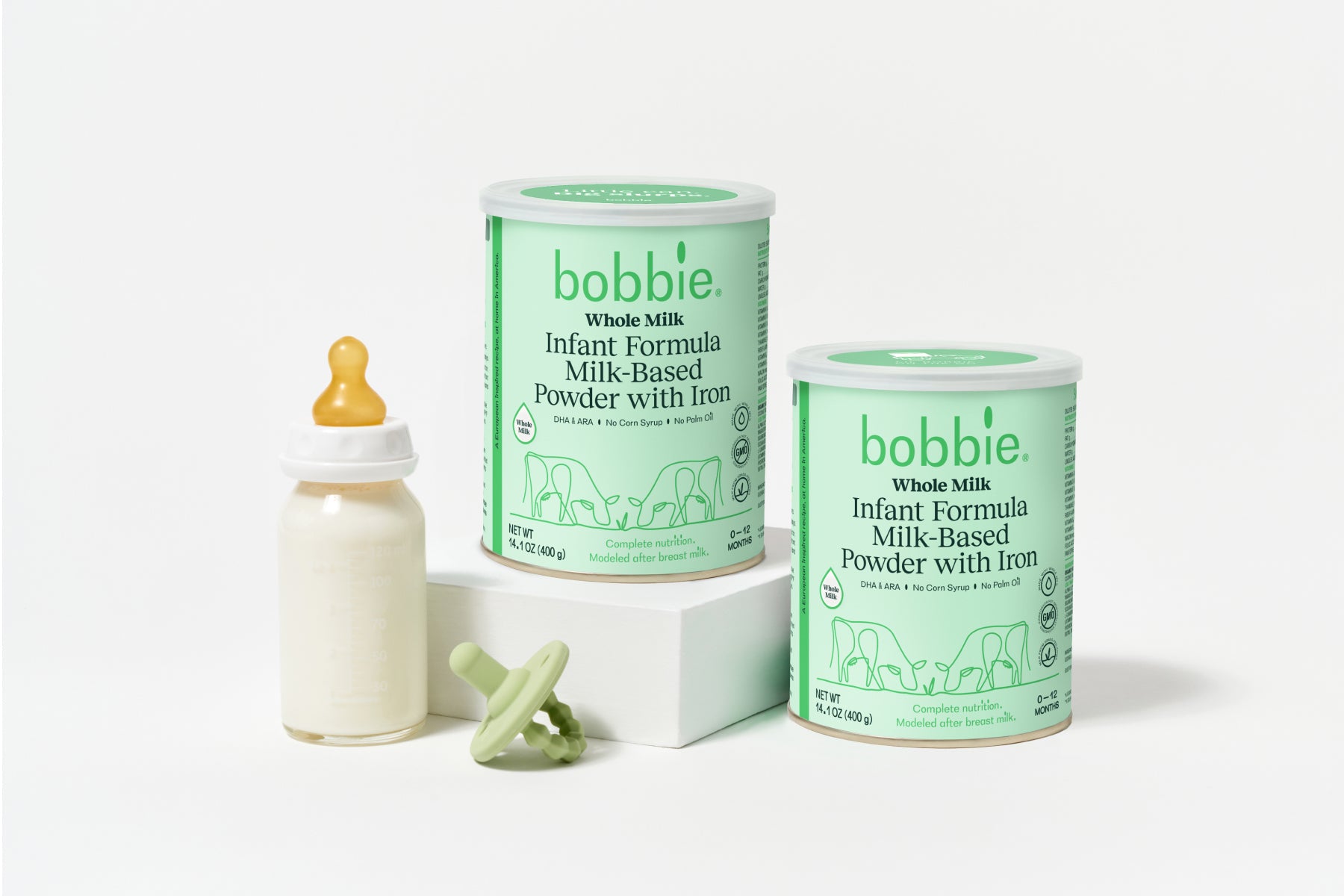
Why Parents Are Choosing Whole Milk Baby Formula: Benefits of Grass-Fed Milk
As parents, selecting the best infant formula can feel like a daunting decision. When breast milk isn’t an option, parents want to ensure their baby’s nutritional needs are fully met. Among various types of infant formulas available, whole milk baby formula made with grass-fed whole milk is becoming an increasingly popular choice for parents looking for more feeding options with natural milk fat content for their babies.
In this article, we’ll explore the benefits of whole milk infant formulas, particularly those made with grass-fed cow’s milk, and why this type of formula might be the right choice for your baby.
Understanding Whole Milk Formula
Whole milk baby formula is a type of infant formula that uses whole cow’s milk as its base rather than skimmed milk or plant-based alternatives, like soy. Unlike traditional infant formulas, which often use nonfat milk, whole milk infant formulas retain more of the naturally occurring milk fat that provides unique benefits to infants.
This inclusion of natural milk fat makes it a preferred choice for parents who want their baby's formula to include natural milk fats, similar to those found in breast milk, thus providing balanced nutrition that supports growth and development.
Bobbie's Grass-Fed Whole Milk Infant Formula is a complete nutrition recipe made with grass-fed whole milk from pasture-raised cows. It features naturally-occurring Milk Fat Globule Membrane (MFGM) from whole milk, DHA, ARA, and choline to support brain development.
Shop Grass-fed Whole Milk Infant Formula

The Benefits of Grass-Fed Milk Infant Formula
The type of milk used in a whole milk infant formula matters just as much as the amount of fat it contains. Grass-fed milk is milk produced by cows that graze on pasture and feed primarily on grass and other natural forage, instead of grain-based feed. When parents choose a formula made from grass-fed cow’s milk, they are opting for a product that naturally contains several important nutrients.
Natural Milk Fats
One of the key advantages of using whole milk from grass-fed cows is the naturally occurring milk fat that is retained in the formula. Like other sources of fat, natural milk fat is not only an important energy source but also helps in the absorption of fat-soluble vitamins like vitamin A, D, E, and K, which are essential for infants’ growth and development. Moreover, whole milk contains milk fat globule membrane (MFGM), a naturally occurring component that may support brain development.
Because whole milk contains more naturally occurring fat, less vegetable oils need to be used to meet the fat requirements for infant formula.
Comparing Whole Milk Formula to Other Types of Infant Formula
When evaluating whole milk infant formula, it's helpful to understand how it compares to other common types of infant formulas available on the market.
- European Infant Formula Standards. European formulas are required to meet the European Commission Regulations for Infant Formula. Many parents turn to European formula brands because they often use whole milk as their base and focus on providing a natural and balanced nutritional profile.
- Formulas with Plant-Based DHA and ARA. DHA (docosahexaenoic acid) and ARA (arachidonic acid) are long-chain polyunsaturated fatty acids that play an important role in infant brain and vision development. Sometimes, these fatty acids are sourced from fish oil; however, some formulas use plant-based DHA and ARA to cater to vegetarian or vegan families. While plant-based DHA and ARA can be beneficial, it’s important to ensure they are included in the right concentrations for optimal infant health.
Why Choose Grass-Fed Whole Milk Infant Formula?
The popularity of grass-fed whole milk infant formula is driven by the desire for more wholesome feeding options. Let's look at some of the reasons why parents are making this choice:
- A Breast Milk Inspired Fat Blend. The goal of infant formula is to provide nutrition as close to breast milk as possible. Whole milk from grass-fed cows contains natural milk fat and essential fatty acids that more closely resemble the composition of human milk than nonfat cow’s milk. The inclusion of omega-3 fatty acids like DHA from plant-based sources further bridges the gap between breast milk and formula, providing nutrients that support healthy brain and vision development.
- Avoidance of Unwanted Ingredients. Parents are increasingly cautious about the ingredients in their baby’s formula, and many prefer to avoid components like corn syrup, palm oil, and artificial additives. Because of their natural fat content, grass-fed whole milk infant formulas likely use less vegetable oils, including palm oil, in their recipes.


Your go-to resource for all things new baby.
Sign up to get the scoop on feeding, sleep, poop, and so much more.
By singing up for email, you are to receive marketing emails from Bobbie and can manage your email preferences or unsubscribe at anytime
Key Nutrients Found in Whole Milk Baby Formula
To understand why whole milk formulas are a beneficial choice, it's essential to look at the specific nutrients they offer and how these contribute to a baby’s growth:
Omega-3 Fatty Acids (DHA)
DHA omega-3 is critical for the brain and vision development of infants. Grass-fed whole milk contains naturally higher levels of omega-3s, which support the development of cognitive and visual functions, providing babies with the building blocks they need for healthy growth. Bobbie is proud that all our infant formulas contain the same amount of DHA per serving!
Vitamins and Minerals
Grass-fed whole milk contains a variety of vitamins and minerals that are important for infants. Whole milk naturally includes nutrients like calcium, magnesium, and phosphorus—all of which support bone development. Like all FDA regulated infant formulas, whole milk infant formulas include the appropriate nutrients such as vitamins A and D, to support proper growth and development.
Naturally Occurring Milk Fat
Natural milk fat not only adds important calories but also helps in the absorption of other essential nutrients. Fat is particularly important for the development of a baby’s nervous system and energy needs.
Making an Informed Decision: Is Whole Milk Infant Formula Right for Your Baby?
Choosing a baby formula can be a very personal decision, often influenced by a child’s specific needs and parental preferences. Whole milk baby formula made with grass-fed milk offers several distinct properties, particularly if you're looking for a product that models the benefits of breast milk. The inclusion of more natural milk fat and a range of vitamins and minerals make it a compelling choice for parents who want to give their baby a solid nutritional foundation.
However, it’s always important to consider your baby’s unique needs and consult with a pediatrician before making any changes to your infant's diet. Some babies may have sensitivities or allergies to cow’s milk, which would make whole milk infant formula unsuitable.
Choose with Confidence
Whole milk infant formula made with grass-fed milk is an excellent choice for parents seeking a formula with more naturally-occurring nutrition from milk fat for their infants. Whole milk infant formula stands out as a premium option that provides balanced nutrition similar to that of breast milk. As more parents prioritize natural and wholesome feeding options, grass-fed whole milk infant formulas are proving to be a popular choice that supports normal growth and development.
If you're considering whole milk infant formula, know that Bobbie is here for your feeding journey.
Bobbie's Grass-Fed Whole Milk Infant Formula is a complete nutrition recipe made with grass-fed whole milk from pasture-raised cows. It features naturally-occurring Milk Fat Globule Membrane (MFGM) from whole milk, DHA, ARA, and choline to support brain development.
Shop Grass-fed Whole Milk Infant Formula

The content on this site is for informational purposes only and not intended to be a substitute for professional medical advice, diagnosis or treatment. Discuss any health or feeding concerns with your infant’s pediatrician. Never disregard professional medical advice or delay it based on the content on this page.








